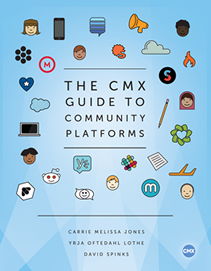Estonian News Outlet Held Liable for Reader Comments in Ruling Harmful to Online Communities

European Court of Human Rights
Credit: James Russell (CC BY-SA 2.0)
Earlier this month, the European Court of Human Rights ruled that Delfi, a leading Estonian news organization, could be held liable for comments posted on its website by readers.
That, in itself, is a scary prospect for community professionals. But the judgment is even worse when you consider that Delfi’s comments weren’t a total free-for-all. They may not have had the greatest moderation strategy in the world – far from it – but they did have comment guidelines, a report comment function and a notice-and-takedown system in place. The day the aggrieved party reported the comments to them, they removed them.
However, the party wanted more than removal of the comments: they wanted financial compensation. When Delfi balked, a lawsuit was filed and, 9 years later, we arrive at this judgment. The Court not only placed the liability on Delfi, but was critical of the simple existence of anonymous comments and provided confusing guidance on how Delfi could have avoided liability; outside of not having comments at all.
Read More


 CMX
CMX




